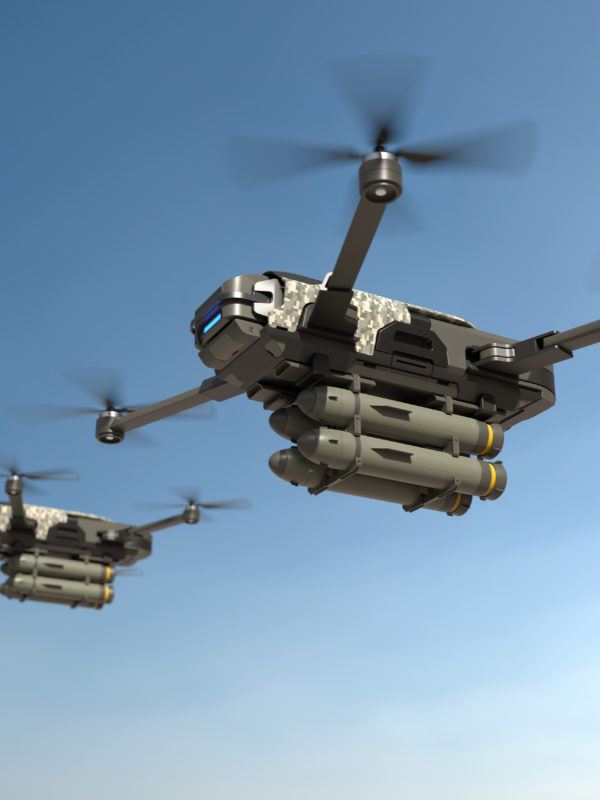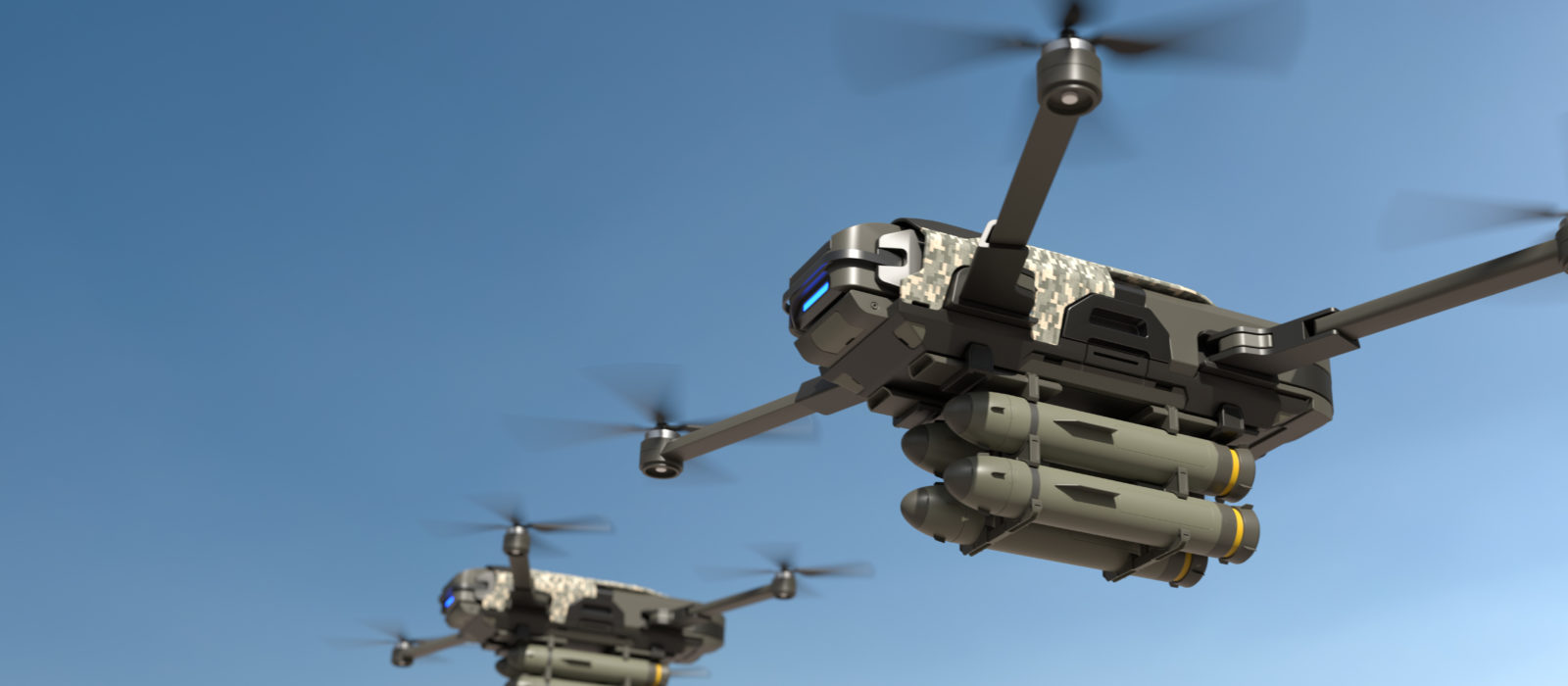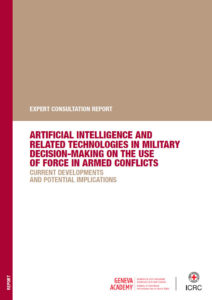This project forms part of the Joint Initiative on Humanitarian Impact and Protection conducted with the International Committee of the Red Cross (ICRC). It examines how the digitalization of armed conflict affects the application, interpretation and continued relevance of international humanitarian law (IHL). The research analyses how cyber operations, the involvement of civilians in digital environments, and the deployment of artificial intelligence (AI) and related technologies in military decision-making create new humanitarian risks and protection needs.
Running from September 2020 to December 2024, the project has produced a series of influential outputs that remain central to current debates on the digitalization of conflict, cyber operations, and the military use of AI. A final publication was released in November 2025, reflecting the ongoing relevance of the research and its contribution to policy discussions across humanitarian, military and diplomatic communities.
The project aimed to clarify how digital transformation and new military technologies intersect with the rules and principles of IHL, and to identify areas where legal interpretation, policy adaptation or additional guidance may be required to ensure adequate civilian protection.
The research assessed whether and how existing IHL rules remain applicable to cyber operations, digital infrastructure, remote action and new forms of civilian involvement in information and communication technologies. It explored where digitalization challenges traditional assumptions about the conduct of hostilities and where established protections remain robust.
The project investigated the growing participation of individuals, groups and companies in cyber and ICT-related activities during armed conflict. It considered the implications for the principle of distinction, the protection of civilian infrastructure, and state and non-state actors’ responsibilities under IHL.
A dedicated strand analyses the integration of AI-driven decision-support systems (AI DSS) and related technologies into military targeting processes. It examines how these systems may affect compliance with IHL principles such as proportionality, precautions in attack and human judgment, and identifies corresponding protection needs.
Cross-Cutting Questions:
- How should IHL be interpreted in light of increased digitalization and remote action?
- What humanitarian risks arise from civilian participation in cyber operations?
- How do AI-enabled military decision-support tools affect compliance with IHL?
- What safeguards, legal guidance and policy adaptations are necessary to mitigate new risks?
- How can law and policy better address digital vulnerabilities of civilian populations and infrastructure?
Expert Meeting Reports:
- Civilian Involvement in Cyberspace: published on 4 November 2025, this report explores how civilians, including hackers and
private companies, are increasingly involved in ICT activities during armed conflict. It assesses the legal implications under IHL and the risks this involvement creates for civilian protection.
Additional Outputs
Other outputs produced between 2020 and 2024 remain accessible on the archived project page of the previous website and continue to inform expert discussions on digitalization, cyber operations and IHL.
Throughout its duration, the project convened a series of expert meetings and thematic discussions that brought together academics, practitioners, technology specialists, and representatives of states and international organizations.
Expert Consultations
Closed-door expert meetings were held on:
- the integration of AI decision-support systems into military operations
- the humanitarian and legal implications of civilian participation in cyberspace
- the broader impact of digitalization on the conduct of hostilities and civilian
protection
These sessions informed the drafting of the project’s main reports and contributed to policy-level reflections in Geneva and beyond.
Thematic Exchanges
The project engaged in ongoing discussions within the humanitarian, diplomatic and technical communities concerned with cyber operations, digital battlefield practices and emerging military technologies. Exchanges included collaboration with the ICRC and participation in broader dialogue processes on the responsible use of AI in military contexts.
The project was carried out by researchers at the Geneva Academy with expertise in IHL, cyber operations and emerging technologies. The team worked closely with experts from the International Committee of the Red Cross and external specialists in cyber security, AI and military technologies.
The project was carried out as part of the Joint Initiative on Humanitarian Impact and Protection, generously supported through cooperation between the Geneva Academy and the International Committee of the Red Cross.
This support enabled the project team to conduct in-depth legal analysis, engage digital and military experts, and produce evidence-based recommendations on the protection challenges arising from the digitalization of armed conflict.





